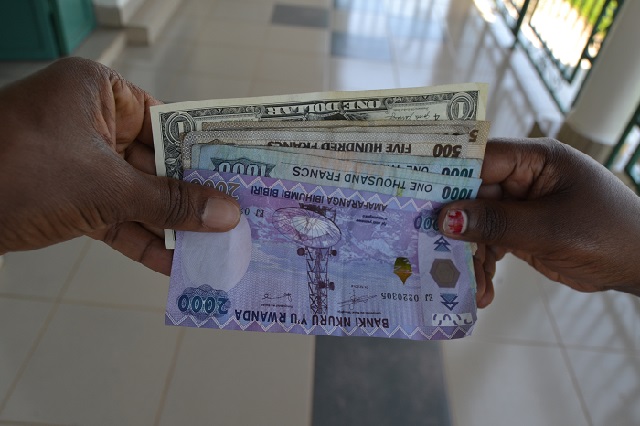The National Bank of Rwanda has implemented strict regulations to ban unauthorised foreign currency use in domestic transactions, imposing heavy fines and penalties to stabilise the Rwandan franc amid ongoing depreciation.
National Bank of Rwanda Enforces Strict Regulations to Curb Unauthorized Foreign Currency Use


The National Bank of Rwanda (NBR) has introduced stringent new regulations aimed at curbing the unauthorised use of foreign currencies within the domestic economy, in a bid to stabilise the Rwandan franc amid ongoing depreciation pressures.
Under the newly enacted Regulation No. 89/2025, both businesses and individuals conducting transactions in foreign currencies such as the US dollar or Kenyan shilling without prior approval from the NBR face harsh penalties. These sanctions include fines of up to Rwandan Franc (RWF) 10 million, as well as forfeiture of 100% of the transaction value in the case of repeat offences.
Significantly, the regulation broadens the scope of enforcement beyond written price listings to encompass verbal or digital mentions of foreign currencies during domestic transactions. This move aims to close loopholes previously exploited through informal or online dealings in foreign currency.
However, the regulation does provide exemptions for certain sectors, notably tourism and education, where foreign currency transactions are permitted but only when conducted with non-resident clients or parties. This targeted approach seeks to balance economic openness with the imperative of monetary stability.
The NBR’s crackdown will be carried out in close collaboration with the national police and investigative agencies, signalling a coordinated and robust enforcement strategy. Authorities have emphasised that the regulation is essential to protecting the integrity of the national currency and safeguarding the country’s economic sovereignty.
This regulatory approach mirrors similar measures recently implemented by neighbouring Tanzania. After banning local use of foreign currencies, Tanzania experienced a rapid rebound in the value of its shilling, providing a potential blueprint for Rwanda’s monetary authorities.
Experts suggest that controlling parallel foreign currency markets and limiting dollarisation is critical for maintaining price stability and effective monetary policy in emerging economies. The NBR’s move therefore represents a decisive effort to curb inflationary pressures linked to currency depreciation and reduce reliance on foreign currencies in everyday domestic transactions.
The new rules take immediate effect, and the NBR has urged all stakeholders, including businesses, financial institutions, and the public, to comply fully. Failure to adhere will attract stringent legal consequences, signalling the central bank’s commitment to enforcing a stable and well-regulated financial environment.
As the Rwandan franc continues to face external and internal pressures, the coming months will be critical in assessing the effectiveness of these regulatory measures in stabilising the currency and restoring confidence in the national economy.

 বাংলা
বাংলা  Spanish
Spanish  Arabic
Arabic  French
French  Chinese
Chinese 
